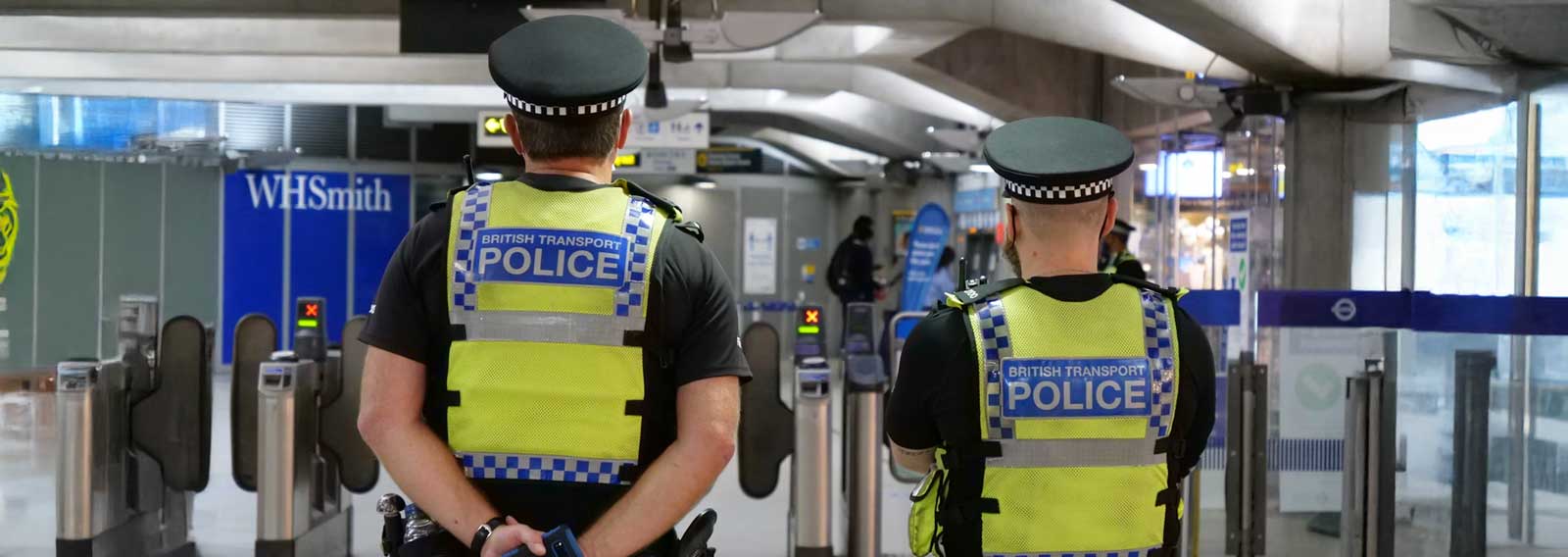From Tuesday, new judicial guidelines in the United Kingdom will introduce sentencing policies that apply differential treatment based on ethnicity, gender, and age—leading to harsher punishments for white men compared to other groups in society. The move has been met with criticism from Prime Minister Keir Starmer and Justice Secretary Shabana Mahmood, both of whom have expressed concerns about the fairness of the policy and signalled potential legislative action.
Under the updated guidelines, judges will prepare pre-sentencing reports where necessary for defendants from ethnic, cultural, or faith minorities, as well as young people under 25, women, and pregnant women. Historically, such reports have resulted in mitigated sentences, including reduced jail time. The practical implication of these changes is that white men, who do not qualify for these reports, will face relatively harsher sentencing outcomes.
The policy has sparked controversy, with many arguing that it enshrines racial and gender-based discrimination into the judicial system. Critics say the new approach is a violation of the principle that justice should be blind to race, gender, and background.
Prime Minister Keir Starmer expressed his disapproval of the changes, stating: “Well, I’m disappointed in this response, and the law chancellor is obviously continuing to engage on this. We’re considering our response, and, you know, all options are on the table, but I am disappointed, and now we’ll have to consider what we do as a result.”
"White men are going to be treated a lot tougher by judges from Tuesday, compared to other groups.”
— Caldron Pool (@CaldronPool) March 28, 2025
pic.twitter.com/1NzCOLZ0ux
Justice Secretary Shabana Mahmood also strongly objected to the new guidelines, describing them as an example of “clear differential treatment” that could lead to sentencing outcomes influenced by race, culture, or religion. In a statement, she confirmed that she had formally filed an objection with the Sentencing Council and reiterated that the government would take legislative action if necessary.
Speaking on GB News, political editor Christopher Hope reported from Huddersfield, highlighting the concerns among lawmakers and the judiciary. He noted that while the government has the power to dissolve the Sentencing Council, it does not have the authority to overrule its decisions directly.
“The judges now are looking back at the elected politicians, both Starmer and Mahmood and saying, ‘I’m afraid to say these are what’s gonna happen.’ From Tuesday, these guidelines will come into effect,” said Hope.
Hope also noted that in response to the backlash, Mahmood has signalled that legislative intervention may be on the horizon, though any changes would take months to implement.
With the new guidelines set to take effect imminently, the government faces mounting pressure to act quickly. However, as Hope pointed out, “The question now, though, is can they legislate by Tuesday? The answer surely is not. It will take months and months. And in that period, there’ll be a lot of uncertainty for white men in front of the judges.”























